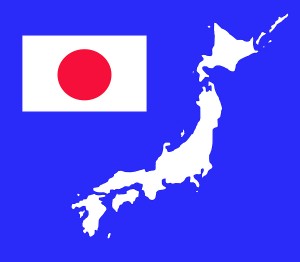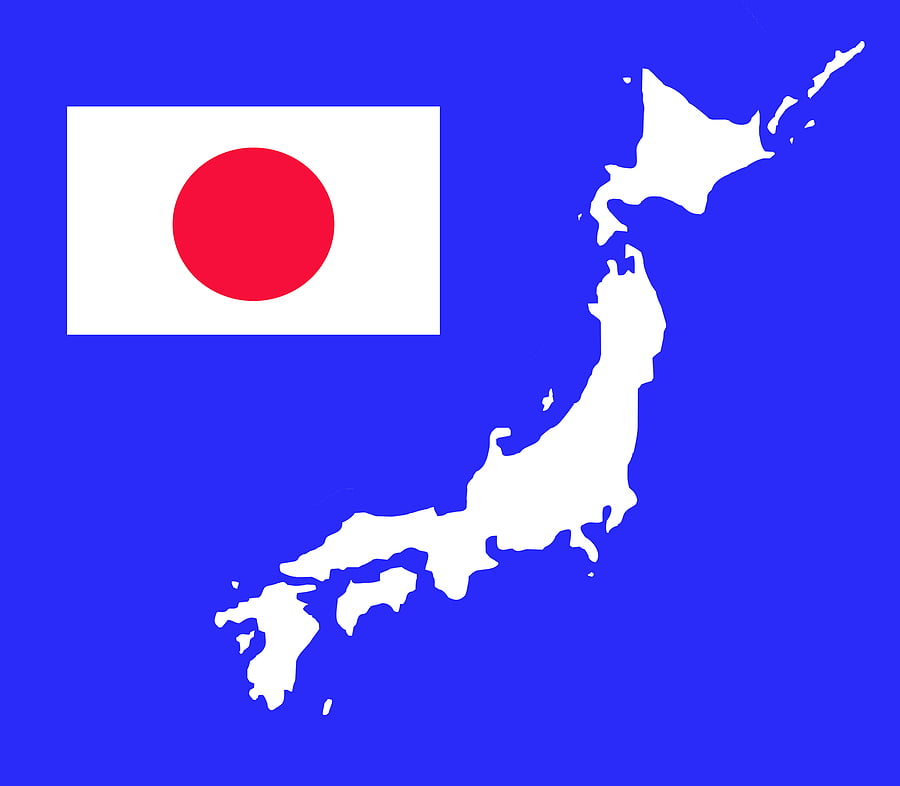2012-08-28 By Richard Weitz
In explaining their government’s December 2003 decision to support Operation Iraqi Freedom, Japanese officials cited the imperative of supporting their country’s bilateral military alliance with the United States.
They considered the deployment of ground troops to the Iraqi theater as especially important in demonstrating Japan’s reliability to Washington as an important security partner that was no longer hobbled by pacifist or constitutional inhibitions
At the beginning of the year, during the run-up to war, Prime Minister Koizumi had emphasized the importance of this alliance for sustaining Japan’s security: “Japan has enjoyed peace for more than 50 years since the war thanks to the Japan-U.S. alliance. It is not in our national interests to hurt the credibility of the alliance…The United States says that they consider any attack on Japan as an attack on America. That is working as a major deterrent against any country that may try to attack Japan.”
Prime Minister Abe, Koizumi’s successor, also emphasized the need for Japan to support U.S. security initiatives—including by relaxing constitutional limitations on bilateral military cooperation—in order to influence American foreign and defense policies of concern to Japan.
Koizumi probably also saw the OIF as an opportunity to realize his ambition to modify the Japanese constitution, or at least its practical application, in order to make Japan more of a “normal” great power.
Although he declined to justify the deployment on the basis of collective defense, the prime minister characterized the mission as a non-combat humanitarian effort. Koizumi also differentiated between a “combat zone,” which remained off-limits for the Japanese Self-Defense Forces (SDF), and a peace support mission in “an area where security was poor,” finding a formula that could theoretically allow SDF activities in many other regions of conflict.
One reason the Japanese decided to deploy ground and air force personnel to an active war zone on this occasion was to avoid the embarrassment that had befallen Japan a decade before, when the country was criticized for a lack of non-monetary support for the effort to repel Iraq’s attack into Kuwait.
While the Japanese government provided logistical support in non-combat zones and contributed $13 billion to that effort, it did not contribute troops directly to Operation Desert Shield or Operation Desert Storm. A more active role in the 2003 campaign would send a signal that Japan was capable of more than writing checks.

Nevertheless, the Japanese government continued to exploit the country’s financial resources to provide significant reconstruction aid to Afghanistan and Iraq. In this regard, Japan far outstripped the other coalition forces except for the United States. Tokyo has pledged billions of dollars to help rebuild Afghanistan after the overthrow of the Taliban regime. In addition, Japanese representatives committed $5 billion to promote Iraq’s post-Saddam recovery at the October 2003 Madrid conference. The latter sum ranked Japan as the second-highest contributor after the United States, which pledged $20 billion to Iraq’s reconstruction at the conference. When the Japanese government announced the withdrawal of its ground force contingent, it took care to reaffirm its generous financial commitment to assist Iraq’s economic reconstruction.
In March 2007, Abe and Iraqi Vice President Tariq al-Hashimi agreed to establish a “long-term strategic partnership” between their countries to enhance the countries’ economic and political relationship. Analysts interpret the odd formation of a “strategic partnership” between two mid-sized countries operating in entirely different spheres of the world as an attempt by Japanese policy makers to please their U.S. colleagues, showing that Tokyo was continuing to support the Bush administration’s policy in Iraq even after withdrawing its ground forces.
The agreement also provided another framework through which Japan could continue to develop its energy relationship with the new Baghdad government. Iraqi Vice President Tariq al-Hashimi praised the SDF for the “significant role” they played in helping promote Iraq’s security. After signing the strategic partnership, Al-Hashimi requested that Japanese companies invest in the development of oil and gas in Iraq as soon as possible.
The fact that the majority of the Iraqi aid package was allocated to the restoration of Iraq’s oil and natural gas infrastructure—including a refinery in Basra—underscores Tokyo’s objective of enhancing Japanese access to Iraq oil supplies.
In public, Koizumi made the indirect argument that an SDF presence would help keep the region stable, which in turn would moderate world oil prices.
Less openly, Koizumi and other Japanese officials may have seen the deployment as essential for securing direct access to Iraq’s oil supplies. After the governments of France and Germany opposed OIF, speculation arose that U.S. policy makers would exclude French and German companies from obtaining contracts in postwar Iraq.
Conversely, Japanese officials, like those of other allies, may have hoped that Washington would reward their unprecedented level of support with Iraqi oil contracts.
An official of Japan’s Ministry of Economy, Trade and Industry later acknowledged that Japan’s aid policies in Iraq had the additional purpose of assisting private Japanese companies to receive future oil development contracts in Iraq. After the occupation, Japanese government and energy company representatives assumed a prominent role helping restore Iraq’s oil and gas industries.
In early 2007, Japan’s first Defense Minister, Fumio Kyuma, engendered a minor contretemps (and probably revealed the private opinion of many Japanese) when he publicly termed the war a mistake, a comment that led Vice President Dick Cheney to shun him during his February 2007 trip to Tokyo. Another common Japanese perception was that the Bush administration was excessively preoccupied with Iraq at the expense of other issues, including China’s growing military strength and rising influence in Asia.
Despite these Japanese-U.S. differences, Japanese officials declined to confront the Bush administration directly on its Iraq policies.
In announcing a subsequent extension of the Iraq mission, Chief Cabinet Secretary Yasuhisa Shiozaki explained, “As the United States and the multinational troops continue their aid to Iraq, it is necessary for Japan to carry out responsibilities that are appropriate to our status.” A Japanese official accompanying Abe during his April 2007 visit to the United States more forthrightly acknowledged another motive—maintaining Washington’s support regarding North Korea: “The United States won’t give consideration to Japan over the North Korean issues unless Japan maintains its Iraq policy.”
Members of the Diet also acknowledged the logic of supporting the United States in Iraq in order to maintain U.S. backing for Japan’s hard-line position in the Six-Party Talks seeking North Korea’s denuclearization.
Whatever the actual considerations that led Japanese policy makers to support U.S. military intervention in Iraq, opinion surveys evinced mixed support for the war among the Japanese people. Polling in March 2003 showed that, while only 12% believed that “the government had every reason to back the U.S. military action” (emphasis added), 64% believed that it “had no choice but to do so.” Revealing, 92% said they were “anxious about North Korea.” In this case, popular calculations mirrored those of many Japanese policy makers, who saw supporting the United States in Iraq as important for ensuring Washington’s support for Tokyo against Pyongyang.
A poll conducted a few months later, at the time the Diet authorized the deployment of Japanese ground forces to Iraq, found that 55 percent of the respondents opposed the measure, compared to 33 percent who supported it. But a subsequent survey found that support for the deployment increased to 65% in April 2004, 11 points higher than the polling results of a year earlier. The results of a survey conducted between September 21, 2006 and October 1, 2006, moreover, found that more than 70 percent of Japanese polled where “highly” or “somewhat” appreciate of the SDF’s reconstruction activities in Iraq.
There were other signs of support or at least lukewarm acceptance of the deployment decision. The death of two Japanese diplomats near Tikrit met with little criticism among the Japanese. When Iraqi insurgents temporarily seized a large number of young Japanese peace activists as hostages in April 2004, the public tended to blame the captors rather than their abductors for unnecessarily placing themselves in danger. Japan experienced much smaller antiwar demonstrations than occurred in other countries that had sent troops to Iraq.
The explicit endorsement of the SDF mission by UN Secretary General Kofi Annan probably helped sustain domestic support for the operation. The subsequent expression of gratitude by his successor, UN Secretary General Ban Ki Moon, for the SDF’s activities in Iraq also quieted some opposition.
An opinion survey published in February 2007 found that less than one-fifth of Japanese polled thought that participating in the Iraq war had been a good choice.
Yet, the Japanese continued to view Americans—though not then President Bush, held most responsible for starting the war—favorably.
Polls taken before and after the Iraq War began showed only a small change in Japanese views of the United States, indicating that the Iraq War had only little impact on popular attitudes towards the United States.


